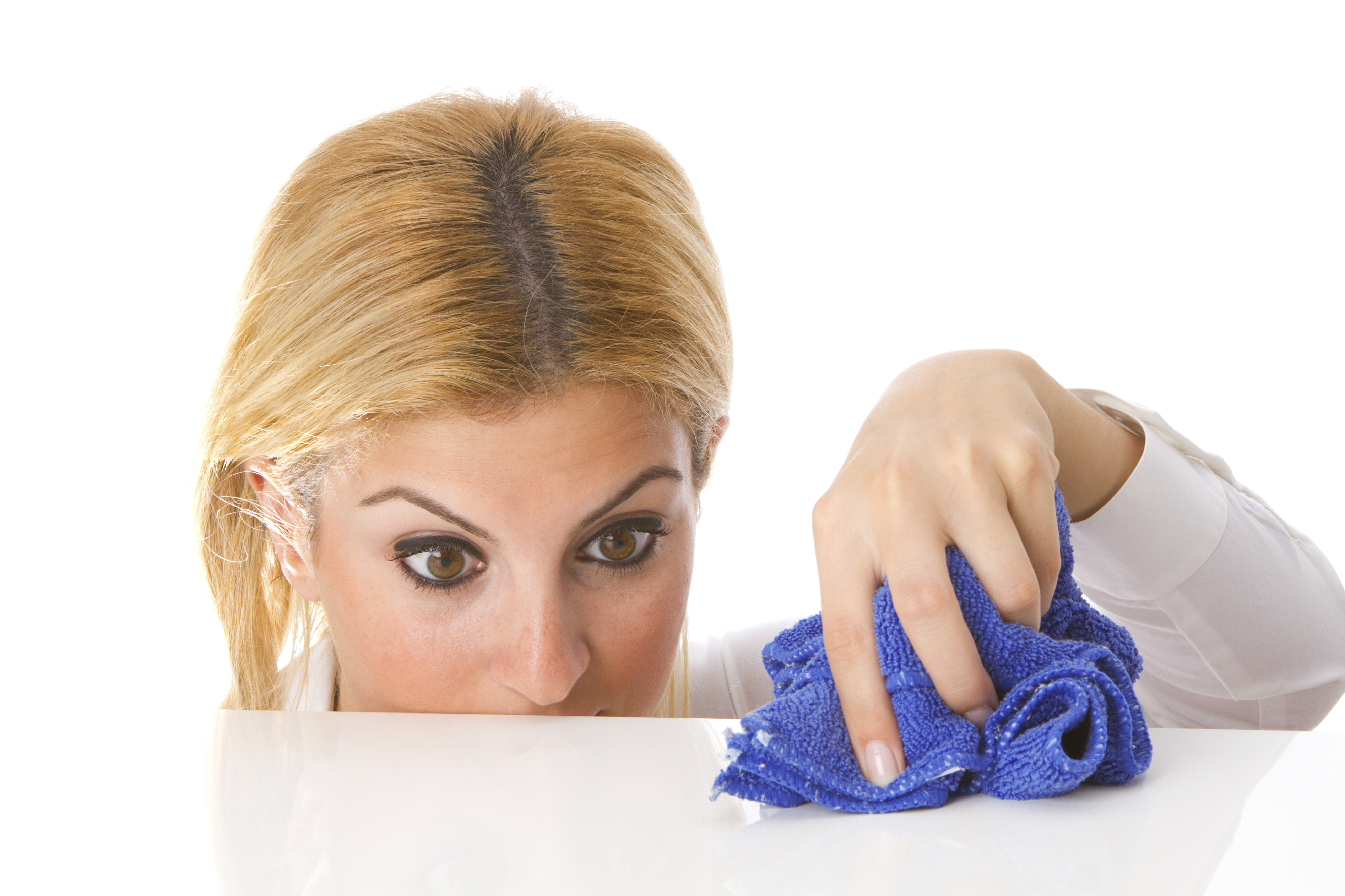4 Myths About OCD
 Obsessive-Compulsive Disorder (OCD) is a common, chronic, long-lasting disorder experienced by as many as 1 in 100 Americans each year. Roughly half of these cases are classified as severe. OCD is the uncontrollable, reoccurring thoughts and behaviors that a person feels to repeat certain routines over and over again.
Obsessive-Compulsive Disorder (OCD) is a common, chronic, long-lasting disorder experienced by as many as 1 in 100 Americans each year. Roughly half of these cases are classified as severe. OCD is the uncontrollable, reoccurring thoughts and behaviors that a person feels to repeat certain routines over and over again.
The truth is most people underestimate or simply do not understand what OCD is. In fact, it is common to see a person joke about having OCD because they enjoy keeping the house tidy. However, OCD is not so black and white, and a recent article explored the common myths that most people have about what it is like to have OCD. Often, people with OCD are misunderstood and struggle with the stigma of their disorder. The stigma behind OCD can negatively impact lives at home, work, and relationships.
Here are four common myths about OCD and the facts that prove them wrong.
- MYTH: People with OCD are neat freaks and obsessed with cleaning.
This myth is probably the most common myth involving OCD. How many times have you heard someone murmur “I’m OCD” with a smirk on their face simply because they tucked a chair in or wiped a desk? OCD is not always about cleanliness; it is a disorder marked by high levels of anxiety of emotional stress.
Furthermore, OCD is far from a joking manner. It is a mental illness. People with OCD may keep things ridiculously clean and organize because if they don’t, they begin to feel crushing anxiety. Understand that no one chooses to have OCD. Also, not everyone with OCD faces the same symptoms. - MYTH: OCD is ONLY about cleaning, hand-washing and being a “germaphobe.”
To elaborate on myth number one, OCD is not only about being obsessive about cleaning nor is it about being a “germaphobe.” OCD manifests in different ways for different people. Only a portion of people with OCD have compulsions about cleaning or are germaphobes.Some other common fears, or obsessions, in people with OCD, include:
- Fear of committing a sin
- Fear of harming themselves or others
- Fear of a loved one dying
- Fear of certain numbers, colors, words, etc.
- Fear of becoming a sexual predator
In addition, people with OCD perform rituals to alleviate the anxiety associated with their disorder. The rituals are the compulsive part of OCD.
Some common OCD compulsions include:
- Counting
- Repeating certain movements
- Hand-washing
- Praying
- Cleaning excessively
- Hoarding
- Tapping or touching objects
As you can see, symptoms vary from person to person, and can even change over the course of a person’s lifetime.
- MYTH: When a person has OCD, it’s obvious.
This myth is completely false. In fact, you probably run into people on daily bases that have OCD and are unaware. This is because people with OCD can hide or suppress their symptoms when they are in public, especially if they are receiving proper treatment.
There also is a kind of OCD known as Pure Obsessional OCD or Pure-O. People with Pure-O often do not exhibit any symptoms at all. There OCD remains in their mind, and their compulsions are performed only in their head. People with this form of OCD often do not realize they have it because it does not reveal itself in the traditional manner. - MYTH: People with OCD need to calm down!
It may seem dramatic and even comical when a person who has OCD exhibits symptoms. However, no one likes when their life-threatening illness is treated as a joke. It is a real disorder that needs treatment just like anything else. People with OCD often hear things like “Just stop!” “Calm down! Nothing bad will happen.”, or “Can’t you just be realistic?”The reality is that people with OCD have brain regions that are malfunctioning making it difficult, if not impossible to stop their condition without treatment or medication. The good news is that certain antidepressants work to recalibrate the brain and soothe some of the symptoms. Exposure Response Prevention (EPR) is a tool many with OCD use to train their brains to respond less severely to their anxiety. Despite all of this, OCD is still a chronic condition and for some, it follows them for the rest of their life.
Now that you know about OCD, the next time you hear someone bring up a common OCD stigma, tell them the facts. Do not let misinformation cause harm to those struggling with this very real condition.
OCD affects many people and often, if left untreated, can cause damage. Many with OCD abuse substances to deal with their reality. This is not the answer. Instead, learning about your mental health can help you get the right treatment instead of going down a more dangerous path. If you or someone you love is struggling with substance abuse or addiction, please call toll-free 1-800-777-9588.
Author: Shernide Delva
